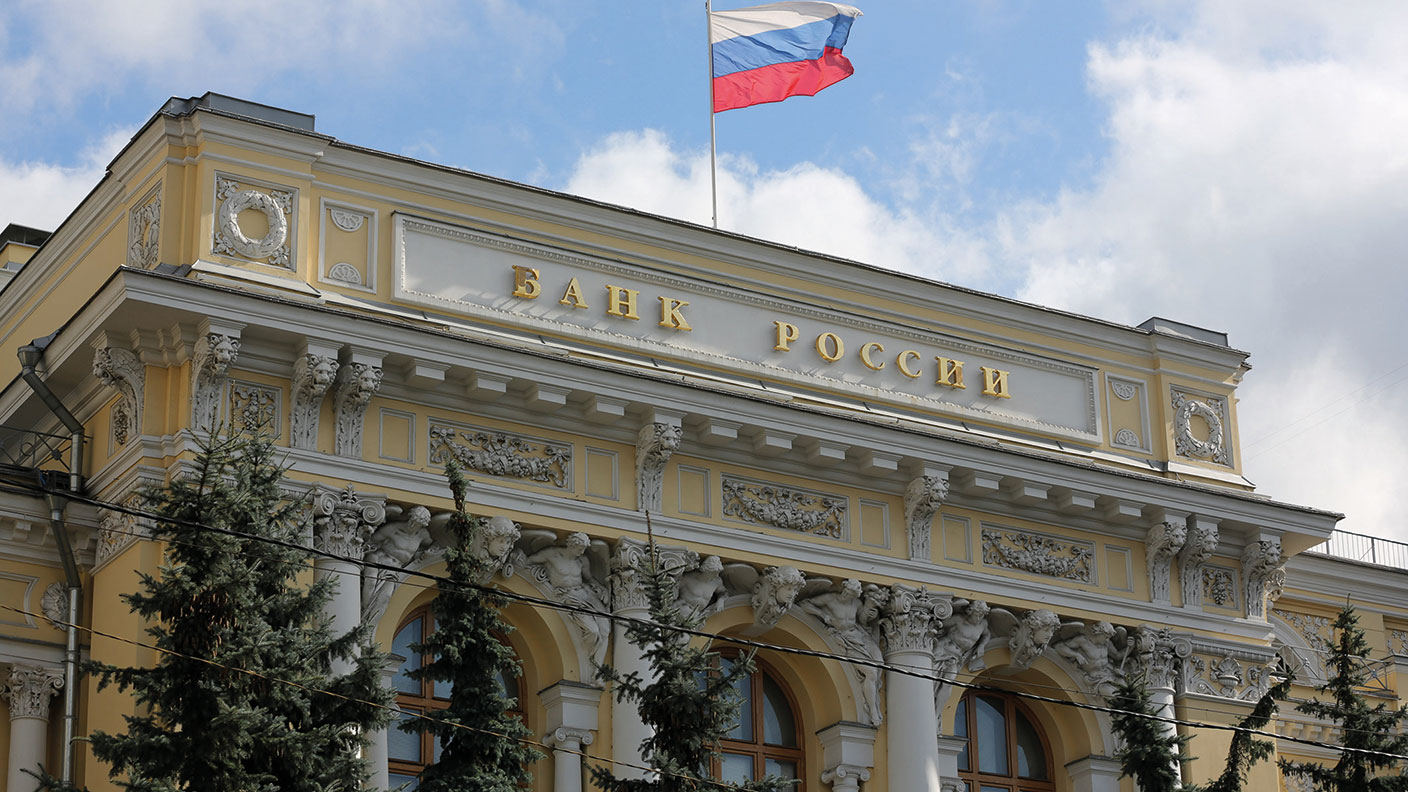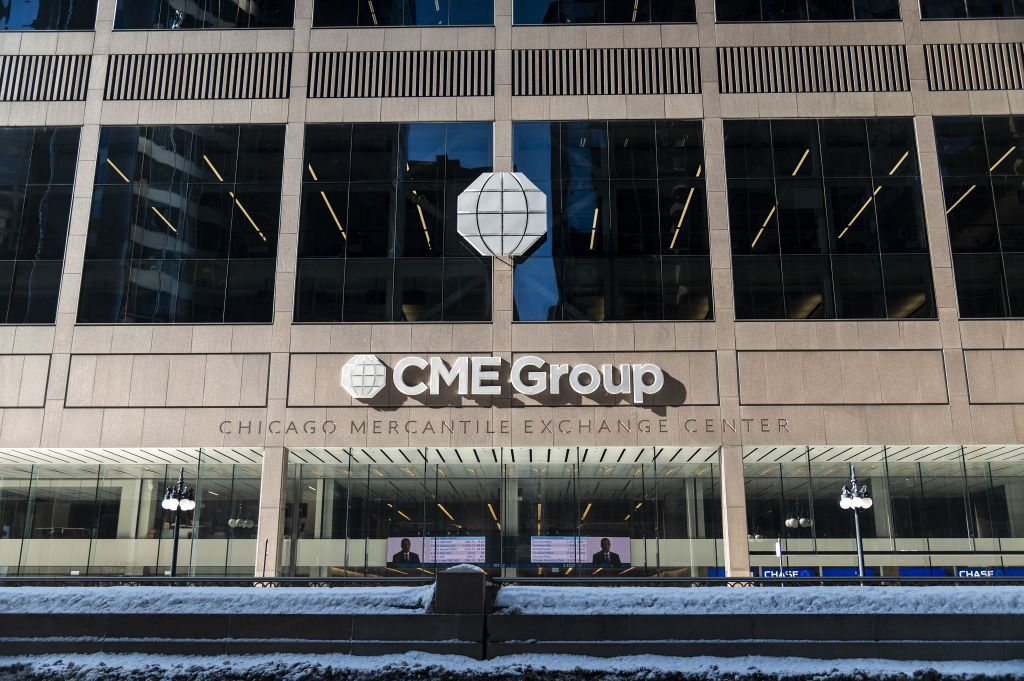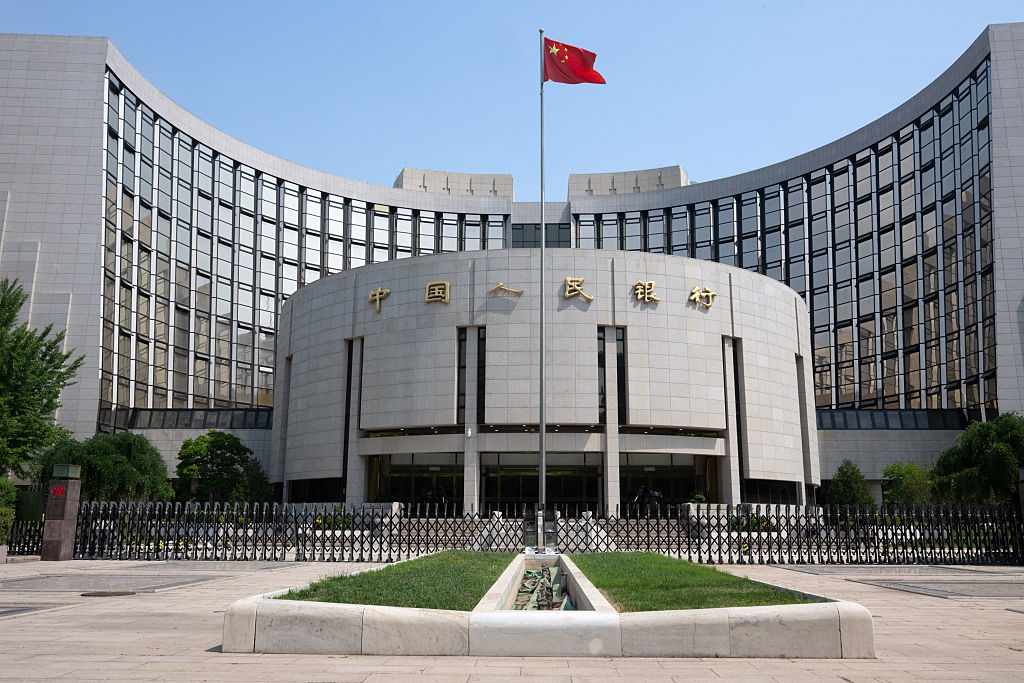Why Russian sanctions could make the dollar less attractive
The US dollar could lose its appeal if America keeps sanctioning countries like Iran and Russia. Alex Rankine explains why.

Get the latest financial news, insights and expert analysis from our award-winning MoneyWeek team, to help you understand what really matters when it comes to your finances.
You are now subscribed
Your newsletter sign-up was successful
Want to add more newsletters?

Twice daily
MoneyWeek
Get the latest financial news, insights and expert analysis from our award-winning MoneyWeek team, to help you understand what really matters when it comes to your finances.

Four times a week
Look After My Bills
Sign up to our free money-saving newsletter, filled with the latest news and expert advice to help you find the best tips and deals for managing your bills. Start saving today!
The West’s decision to sanction Russia’s central bank raises deep questions about the future of the global monetary system, says Jon Sindreu in The Wall Street Journal.
The US and its allies have frozen Moscow’s access to more than half of its $630bn in foreign reserves in response to its invasion of Ukraine.
The implication – that reserves held by unfriendly governments can be turned into “worthless computer entries” – is likely to drive a shift out of dollar assets and into alternatives such as “gold and Chinese assets”. That could undermine the dollar’s role as the world’s leading currency.
MoneyWeek
Subscribe to MoneyWeek today and get your first six magazine issues absolutely FREE

Sign up to Money Morning
Don't miss the latest investment and personal finances news, market analysis, plus money-saving tips with our free twice-daily newsletter
Don't miss the latest investment and personal finances news, market analysis, plus money-saving tips with our free twice-daily newsletter
Challenging the dollar’s hegemony
Dollar dominance rests on two pillars. First, it accounts for about 59% of the foreign exchange reserves held by the world’s central banks, far above the second-placed euro, on 20%. China’s renminbi accounts for less than 3%, a lower share than the British pound. Second, the dollar is the default currency used in international transactions. Oil, for example, is almost always priced in greenbacks. “In February only one transaction in every five registered by the Swift messaging system did not have a dollar leg,” says The Economist.
Yet the more the US “weaponises the dollar” against the likes of Russia and Iran, the more it “undercuts the attraction of the dollar as a reserve currency”, says Andrew Stuttaford in National Review. Saudi Arabia has moved to start pricing “some of its oil sales to China in yuan”. That’s “a noteworthy step as the Saudis have been selling oil exclusively in dollars since 1974”. India and China are setting up alternative payment systems to buy Russian energy.
The greenback’s hidden strengths
Still, the dollar’s rivals face steep hurdles. The renminbi is not fully convertible, meaning there are limits on how much it can be traded on foreign exchange markets. In a future crisis, “the Chinese government might not appreciate Russia dumping renminbi… to prop up the rouble”, says Eswar Prasad in Barron’s. Investors also expect a reserve currency to be backed by institutions such as “independent central banks… and the rule of law” that are much better established in the West.
That may help explain why, even as the dollar’s share of global reserves has slipped over the last two decades, the “chief beneficiaries” have been not China, but the small, open economies of “Canada, Australia, Sweden, South Korea and
These currencies are not so much rivals as “extended buttresses… providing options for diversification while continuing to benefit from the liquidity and sophistication provided by America’s financial markets”.
China and its allies may start to trade more in renminbi, but this is unlikely to account for a big slice of global trade, says Neil Shearing of Capital Economics. Few currencies can compete with the “deep and liquid” markets for dollar assets. Tellingly, “as China and Russia have tried to reduce their use of the dollar in bilateral trade”, they have turned to “the euro, rather than the rouble or renminbi”. A decade from now, “the most likely outcome is a more fragmented global financial system – but one that still has the US dollar at its core”
Get the latest financial news, insights and expert analysis from our award-winning MoneyWeek team, to help you understand what really matters when it comes to your finances.
Alex is an investment writer who has been contributing to MoneyWeek since 2015. He has been the magazine’s markets editor since 2019.
Alex has a passion for demystifying the often arcane world of finance for a general readership. While financial media tends to focus compulsively on the latest trend, the best opportunities can lie forgotten elsewhere.
He is especially interested in European equities – where his fluent French helps him to cover the continent’s largest bourse – and emerging markets, where his experience living in Beijing, and conversational Chinese, prove useful.
Hailing from Leeds, he studied Philosophy, Politics and Economics at the University of Oxford. He also holds a Master of Public Health from the University of Manchester.
-
 Can mining stocks deliver golden gains?
Can mining stocks deliver golden gains?With gold and silver prices having outperformed the stock markets last year, mining stocks can be an effective, if volatile, means of gaining exposure
-
 8 ways the ‘sandwich generation’ can protect wealth
8 ways the ‘sandwich generation’ can protect wealthPeople squeezed between caring for ageing parents and adult children or younger grandchildren – known as the ‘sandwich generation’ – are at risk of neglecting their own financial planning. Here’s how to protect yourself and your loved ones’ wealth.
-
 Should you sell your Affirm stock?
Should you sell your Affirm stock?Affirm, a buy-now-pay-later lender, is vulnerable to a downturn. Investors are losing their enthusiasm, says Matthew Partridge
-
 Profit from pest control with Rentokil Initial
Profit from pest control with Rentokil InitialRentokil Initial is set for global expansion and offers strong sales growth
-
 In the money: how my trading tips fared in 2025
In the money: how my trading tips fared in 2025The success of the open positions offset losses on closed ones, says Matthew Partridge
-
 Coreweave is on borrowed time
Coreweave is on borrowed timeAI infrastructure firm Coreweave is heading for trouble and is absurdly pricey, says Matthew Partridge
-
 Circle sets a new gold standard for cryptocurrencies
Circle sets a new gold standard for cryptocurrenciesCryptocurrencies have existed in a kind of financial Wild West. No longer – they are entering the mainstream, and US-listed Circle is ideally placed to benefit
-
 Profit from other investors’ trades with CME Group
Profit from other investors’ trades with CME GroupCME Group is one of the world’s largest exchanges, which gives it a significant competitive advantage
-
 Investors need to get ready for an age of uncertainty and upheaval
Investors need to get ready for an age of uncertainty and upheavalTectonic geopolitical and economic shifts are underway. Investors need to consider a range of tools when positioning portfolios to accommodate these changes
-
 How much gold does China have – and how to cash in
How much gold does China have – and how to cash inChina's gold reserves are vastly understated, says Dominic Frisby. So hold gold, overbought or not